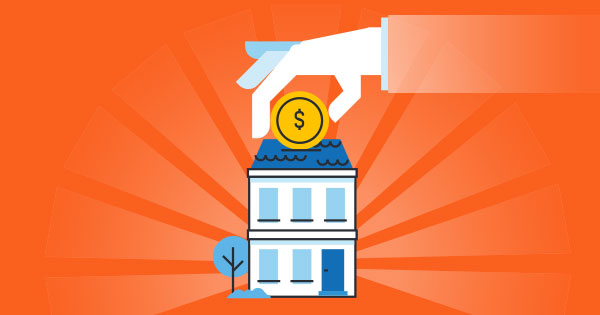
Owning a home has great financial benefits, yet many continue renting! Today, let’s look at the financial reasons why owning a home of your own has been a part of the American Dream for as long as America has existed.
Zillow recently reported that:
“With Rents continuing to climb and interest rates staying low, many renters find themselves gazing over the homeownership fence and wondering if the grass really is greener. Leaving aside, for the moment, the difficulties of saving for a down payment, let’s focus on the monthly expenses of owning a home: it turns out that renters currently paying the median rent in many markets could afford to buy a higher-quality property than the typical (read: median-valued) home without increasing their monthly expenses.”
What proof exists that owning is financially better than renting?
1. The latest Rent Vs. Buy Report from Trulia pointed out the top 5 financial benefits of homeownership:
- Mortgage payments can be fixed while rents go up.
- Equity in your home can be a financial resource later.
- You can build wealth without paying capital gain.
- A mortgage can act as a forced savings account
- Overall, homeowners can enjoy greater wealth growth than renters.
2. Studies have shown that a homeowner’s net worth is 45x greater than that of a renter.
3. Just a few months ago, we explained that a family buying an average priced home at the beginning of 2017 could build more than $42,000 in family wealth over the next five years.
4. Some argue that renting eliminates the cost of taxes and home repairs, but every potential renter must realize that all the expenses the landlord incurs are already baked into the rent payment –along with a profit margin!!
Bottom Line
Owning a home has always been, and will always be, better from a financial standpoint than renting.
Source:Keeping Current Matters | KCM Crew 05152017

![What You Need to Know About Qualifying for a Mortgage [INFOGRAPHIC] | Keeping Current Matters](http://d3sj2vq3d2xms.cloudfront.net/wp-content/uploads/2017/04/04133733/Mortgage-Process-KCM.jpg)







![Do You Know the Cost of Waiting? [INFOGRAPHIC] | Keeping Current Matters](http://d3sj2vq3d2xms.cloudfront.net/wp-content/uploads/2017/05/04121047/20170505-Cost-of-Waiting-KCM.jpg)